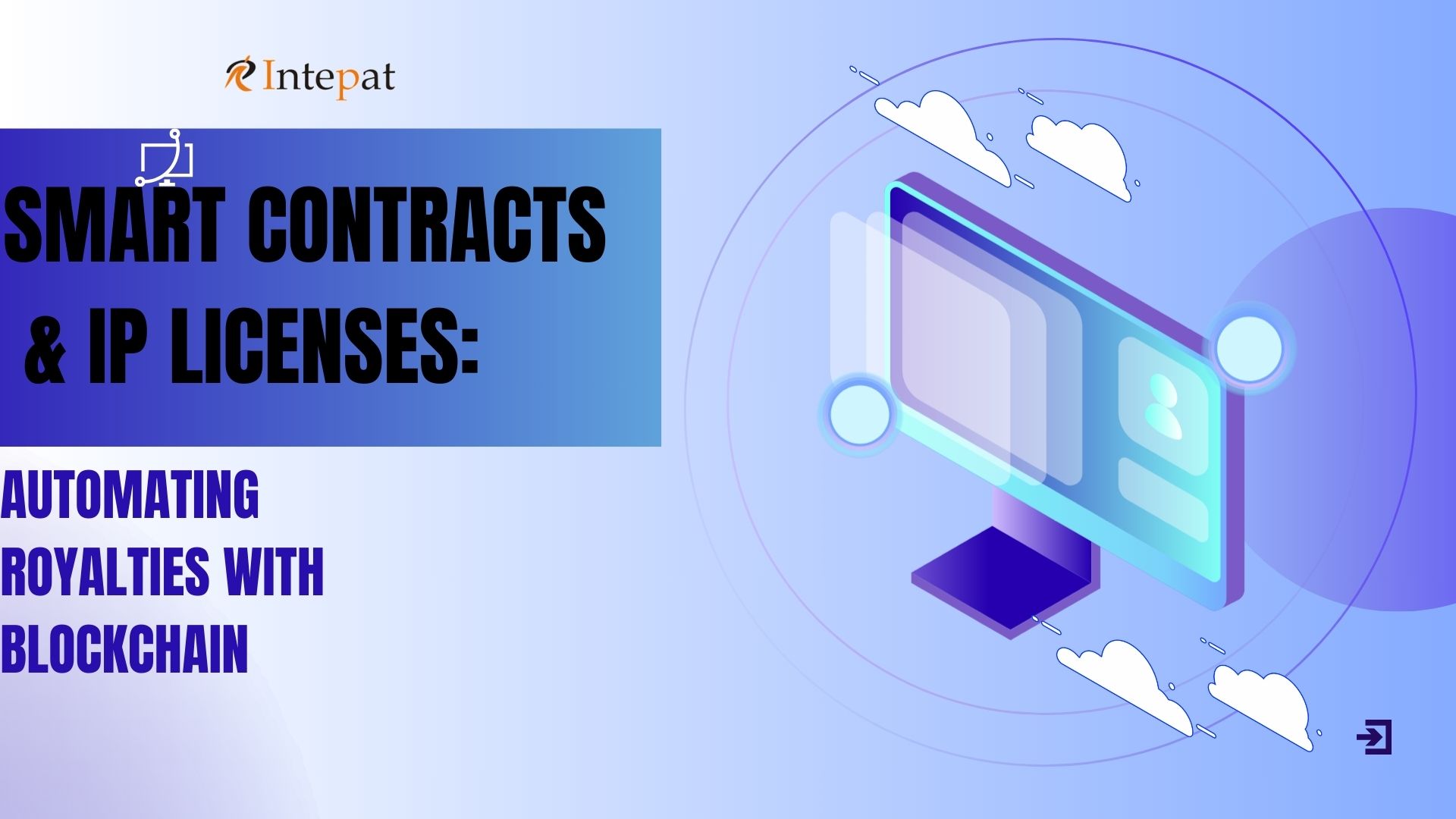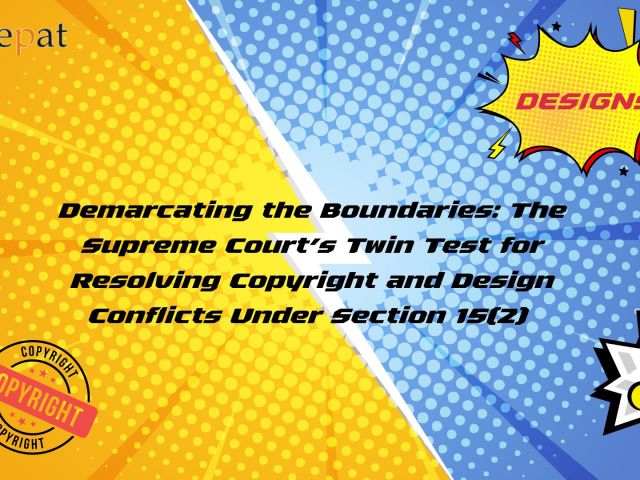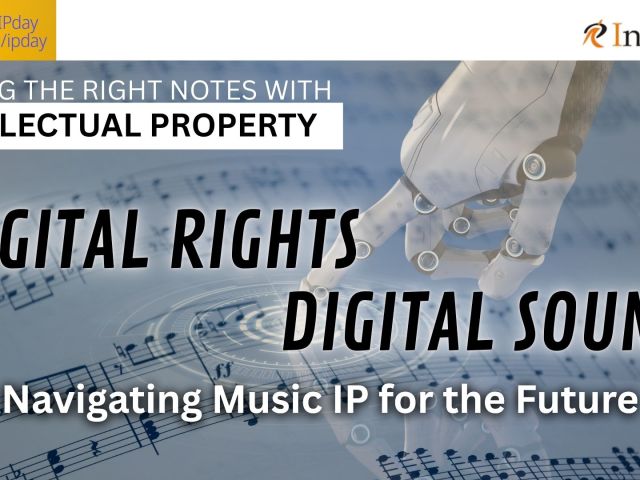Introduction
Intellectual property (IP) licensing and royalties are mechanisms that reward creators and innovators for the use of their works. Licensing refers to the legal permission granted by the IP holder (like a musician, artist, or inventor) to another party, allowing them to use, distribute, or produce the IP holder’s work under specific terms. Royalties are the payments made to IP holders based on the usage or distribution of their work. These royalties ensure that the original creators or owners continue to benefit financially from their intellectual contributions, even when other entities use their work.
Smart contracts, a technology popularized by blockchain, offer a new approach to managing these transactions. Unlike traditional contracts, smart contracts are self-executing programs on a blockchain that automatically enforce terms when predetermined conditions are met. For example, a smart contract for licensing a digital art piece might release a payment to the artist every time the artwork is sold or shared. Because smart contracts are decentralized, transparent, and tamper-proof, they offer a high degree of reliability and trust, without requiring intermediaries like banks or legal institutions.
Smart contracts can vastly improve upon traditional IP licensing models by automating royalty calculations and distributions. Traditional IP models often rely on multiple intermediaries, leading to inefficiencies, delays, and sometimes errors in payments. With smart contracts, transactions are automated and executed in real-time based on agreed-upon terms, reducing the chance of disputes and administrative overhead. Additionally, blockchain technology ensures that every transaction is transparent and secure, reducing the risk of fraud. These improvements not only benefit IP holders but also simplify compliance and payment processes for licensees, making the system more efficient overall.
Governing laws
The legal landscape for smart contracts in IP licensing is still evolving and is influenced by varying national and international regulations. Smart contracts, as self-executing agreements, present unique challenges because they don’t always fit neatly within existing legal frameworks. One major legal question surrounding smart contracts is their enforceability. While countries like the United States and the United Kingdom are beginning to recognize smart contracts under contract law, their application to IP and cross-border transactions remains complex. In the U.S., for instance, the Uniform Electronic Transactions Act (UETA) and the Electronic Signatures in Global and National Commerce Act (ESIGN) provide a basis for the legality of digital contracts. However, the specific nature of blockchain-based contracts, where terms are coded rather than written in traditional legal language, could lead to interpretative issues in court.
Internationally, IP rights are governed by agreements like the Berne Convention and WIPO treaties, which establish baseline protections for IP holders across countries. These treaties, however, do not directly address blockchain-based technologies, leaving room for ambiguity in the context of smart contracts. In the European Union, data privacy laws like the General Data Protection Regulation (GDPR) add an additional layer of complexity. Since blockchain transactions are immutable and transparent, ensuring compliance with data privacy laws, such as the right to be forgotten, is challenging.
Moreover, the United Nations Commission on International Trade Law (UNCITRAL) is working on frameworks for digital commerce that may impact the future of smart contract law. For smart contracts to be seamlessly integrated into IP licensing on a global scale, there is a need for more specific legislation that harmonizes the enforcement of smart contracts across jurisdictions. Until then, legal uncertainties may limit the widespread adoption of smart contracts in IP management, especially for international agreements.
Existing Models for IP Licensing Using Smart Contracts
Several models demonstrate how smart contracts can be implemented in IP licensing. One model is direct licensing, where IP holders directly license their work to users through blockchain-based smart contracts. In this model, the smart contract automatically enforces the terms and handles payment processing. For example, a musician could license their song on a decentralized platform, with the smart contract collecting royalties every time the song is streamed. This model is attractive for artists, as it reduces dependence on traditional intermediaries like record labels or streaming platforms, and enhances transparency and control over their work.
Another model is the collective rights management system, where a blockchain-based platform handles licensing and royalties for multiple creators. Rights holders join a blockchain network managed by a collective organization that licenses their IP. This model could be especially useful for industries like publishing or filmmaking, where multiple rights holders are involved in a single piece of content. By using smart contracts, the organization can automatically distribute royalties to each contributor according to their ownership stake, ensuring accuracy and transparency.
The fractional licensing model is a more complex approach where IP is divided into smaller ownership shares, allowing multiple parties to invest in or license parts of the IP. This model is particularly relevant for high-value IP assets, like patents or software, where multiple stakeholders may wish to participate. Smart contracts enable fractional owners to receive royalties proportionate to their shares, creating investment opportunities and distributing benefits equitably.
Case Study: Smart Contracts in the Music Industry
The music industry provides an insightful example of how smart contracts can streamline IP licensing and royalty payments. Traditionally, musicians depend on intermediaries like record labels and publishers to distribute music and collect royalties. This model often lacks transparency and delays payments, reducing the income artists receive from their work.
Platforms like Audius and Opus are using blockchain technology to offer a decentralized alternative. Artists can upload music directly, setting licensing terms within smart contracts on the blockchain. When listeners stream a song, the smart contract instantly calculates and sends royalties to the artist, cutting out intermediaries and ensuring real-time payments. This transparent approach allows artists to retain full control over their IP, reducing administrative costs and increasing the speed of royalty distribution.
However, these platforms face challenges, particularly in regions with uncertain legal frameworks for blockchain-based transactions. Additionally, data privacy laws like GDPR pose compliance issues, as blockchain’s transparency and immutability can conflict with the right to data erasure. Despite these challenges, the Audius and Opus models illustrate how smart contracts could revolutionize royalty distribution in creative industries, providing greater autonomy and financial transparency for artists.
Threats and parameters of model framework
Despite its advantages, the adoption of smart contracts for IP licensing faces several challenges. Legal recognition is a primary issue; while many jurisdictions recognize digital contracts, smart contracts’ enforceability is still uncertain in some regions. Without uniform international regulations, enforcing smart contracts across borders may pose legal obstacles. Technical complexities also present hurdles, as smart contracts require specialized programming knowledge. Errors in code could result in unintended consequences, potentially leading to financial losses or disputes.
Data privacy is another concern, particularly under stringent laws like the GDPR in Europe. Since blockchain is transparent by design, it could be challenging to store sensitive information related to IP licensing without breaching privacy laws. Lastly, cybersecurity threats and hacking attempts pose risks, as blockchain platforms are still vulnerable to attacks.
To address these challenges, a robust framework should include standardized coding practices, international legal agreements to govern cross-border smart contract enforcement, and layered security protocols. Privacy-preserving technologies like zero-knowledge proofs can help protect sensitive data on the blockchain while maintaining transparency. Additionally, establishing insurance and dispute resolution mechanisms could provide an added layer of security and trust for IP holders and licensees. This framework would allow smart contracts to function more effectively within the existing IP ecosystem, providing security, legal recognition, and technical reliability.
To conclude, smart contracts present an innovative way to streamline IP licensing and royalty distribution. By automating transactions and reducing intermediaries, smart contracts can enhance transparency, accuracy, and efficiency in royalty management. However, challenges such as legal recognition, privacy concerns, and technical vulnerabilities must be addressed to fully realize their potential. Through structured frameworks that incorporate legal standards, privacy protections, and robust coding practices, smart contracts can become a powerful tool in modernizing IP management.
Written by Vriti Singhvee, Intern at Intepat IP




